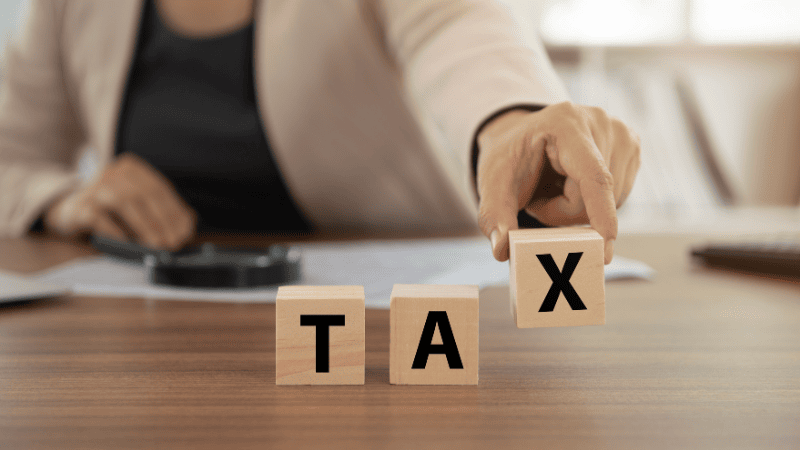Get Expert Investment Financing
- Matched with investor-friendly lenders
- Fast pre-approvals-no W2s required
- Financing options fro rentals, BRRRR, STRs
- Scale your portfolio with confidence
Educational Content | Not Financial Advice | Connect with Licensed Professionals
Are you considering dipping your toes into the waters of rental property investment? One key tool at your disposal is cash flow analysis—an essential process that helps you determine the financial health of your potential investment. This guide simplifies the concept and walks you through the steps to ensure your next rental property generates positive cash flow and aligns with your investment goals.
Cash flow analysis is your financial compass for navigating the complexities of rental properties. It helps you calculate the net amount of cash your property will generate after covering all expenses. Simply put, it’s a method to ensure that your investment brings in more money than it spends, crucial for making informed and profitable investment decisions.
Start by determining the potential income your property can generate. This isn’t just the monthly rent; consider other possible revenue streams like parking fees, laundry services, or pet fees. Ensure your rental rates are competitive by analyzing local market trends.
Key Tip: Use online rental platforms or consult with local real estate agents to get accurate rental price benchmarks.
To maintain your property’s profitability, understanding and managing operating expenses is crucial. List all costs associated with running your property:
These are the big-ticket items that don’t occur often but can impact your finances significantly. Replacing a roof or installing a new furnace are examples of CapEx. Estimating these expenses ahead of time can prevent surprises and ensure your cash flow remains positive.
Subtract your total operating expenses and CapEx from your gross rental income to find the NOI. This figure tells you how much income your property generates before any financing costs.
If you have a mortgage, subtract your monthly payments from the NOI to calculate your property’s cash flow. Positive cash flow means your property earns more than it spends, a key indicator of a good investment.
To bring these concepts to life, consider “Elena’s Investment Scenario”:
Cash Flow Calculation:
Understanding cash flow analysis can be the difference between a profitable investment and a financial misstep. It enables you to:
Mastering your rental property cash flow analysis empowers you to make informed decisions that enhance the profitability and sustainability of your rental investments. With the right approach and tools, you can turn potential financial uncertainties into rewarding investment opportunities.
Ready to become a savvy real estate investor? Dive deeper into our resources and tools designed to help you maximize your investment returns. Start your journey to becoming a successful landlord with confidence today!
This article is for educational purposes only and does not constitute financial, legal, or investment advice. Mortgage rates, terms, and requirements vary by lender and individual circumstances. Always consult with qualified, licensed mortgage professionals before making financial decisions. REInvestorGuide.com may receive compensation from featured lenders and service providers.
Our advise is based on experience in the mortgage industry and we are dedicated to helping you achieve your goal of owning a home. We may receive compensation from partner banks when you view mortgage rates listed on our website.


